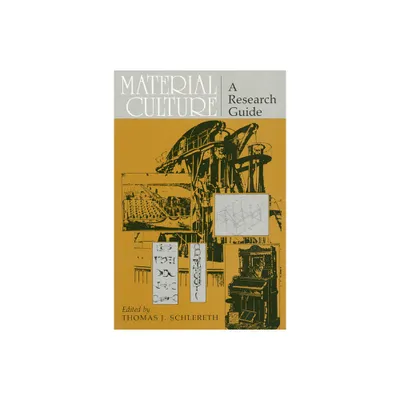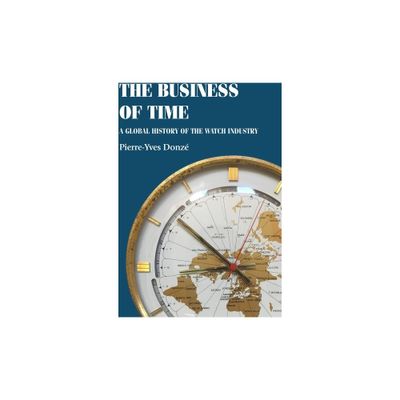Home
Time and Material Culture: Rethinking Soviet Temporalities
Loading Inventory...
Barnes and Noble
Time and Material Culture: Rethinking Soviet Temporalities
Current price: $170.00


Barnes and Noble
Time and Material Culture: Rethinking Soviet Temporalities
Current price: $170.00
Loading Inventory...
Size: Hardcover
*Product Information may vary - to confirm product availability, pricing, and additional information please contact Barnes and Noble
This edited volume offers an original exploration into the ways in which Soviet culture and experience of time were unique, examining the temporalities expressed in the world of socialist things: from the objects of everyday life to urban architecture.
Grounding the analysis of Soviet temporalities in their material incarnations not only lends concreteness to discussions of temporal culture, but also draws out ways in which the specificities of Soviet things—and their planning, design, manufacture, and consumption—mediated and produced particular ways of experiencing, perceiving, and representing time. As such,
Time and Material Culture
turns a new page in the study of the temporal and material culture of Soviet socialism and, in doing so, contributes to broader debates on the changing experiences of time in the global twentieth century. The book integrates interdisciplinary perspectives as well as regional approaches sensitive to the multinational nature of the Soviet project.
will be useful to academics, upper-level undergraduates, and graduate students interested in twentieth-century cultures of time.
Grounding the analysis of Soviet temporalities in their material incarnations not only lends concreteness to discussions of temporal culture, but also draws out ways in which the specificities of Soviet things—and their planning, design, manufacture, and consumption—mediated and produced particular ways of experiencing, perceiving, and representing time. As such,
Time and Material Culture
turns a new page in the study of the temporal and material culture of Soviet socialism and, in doing so, contributes to broader debates on the changing experiences of time in the global twentieth century. The book integrates interdisciplinary perspectives as well as regional approaches sensitive to the multinational nature of the Soviet project.
will be useful to academics, upper-level undergraduates, and graduate students interested in twentieth-century cultures of time.


















